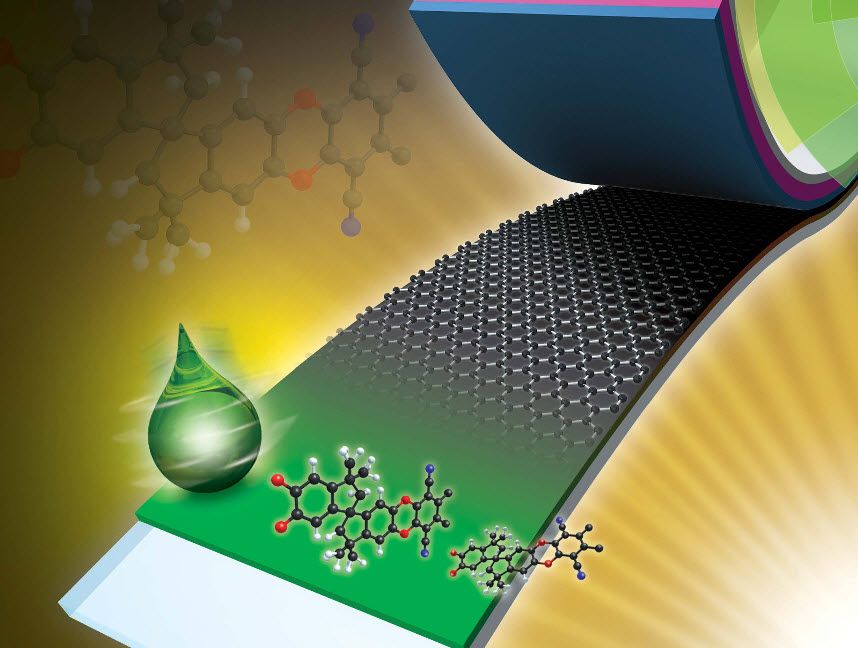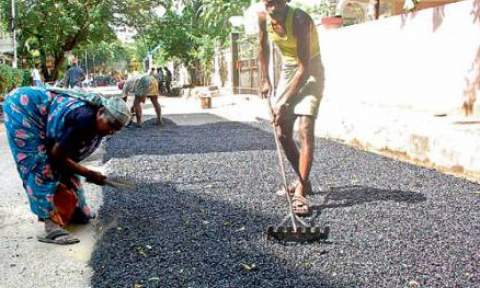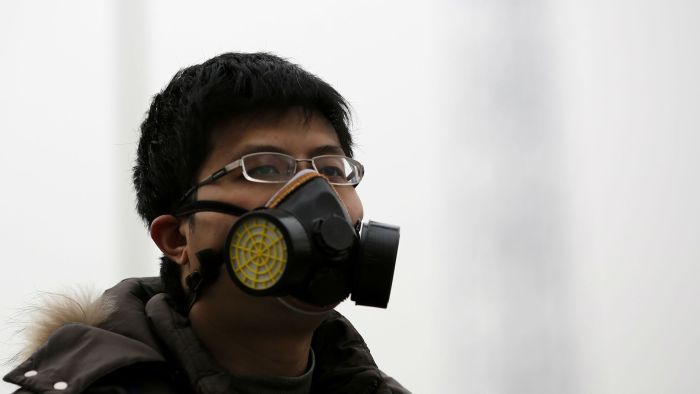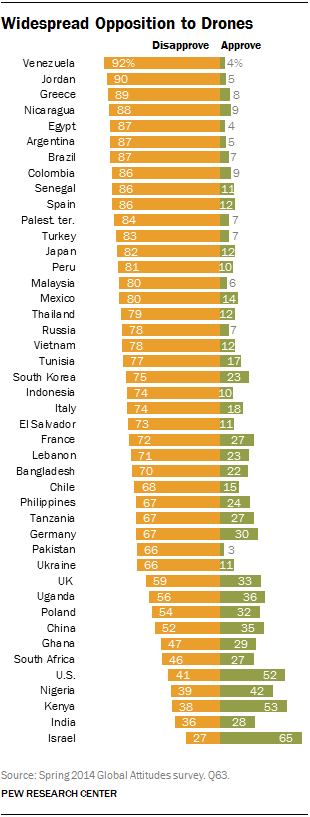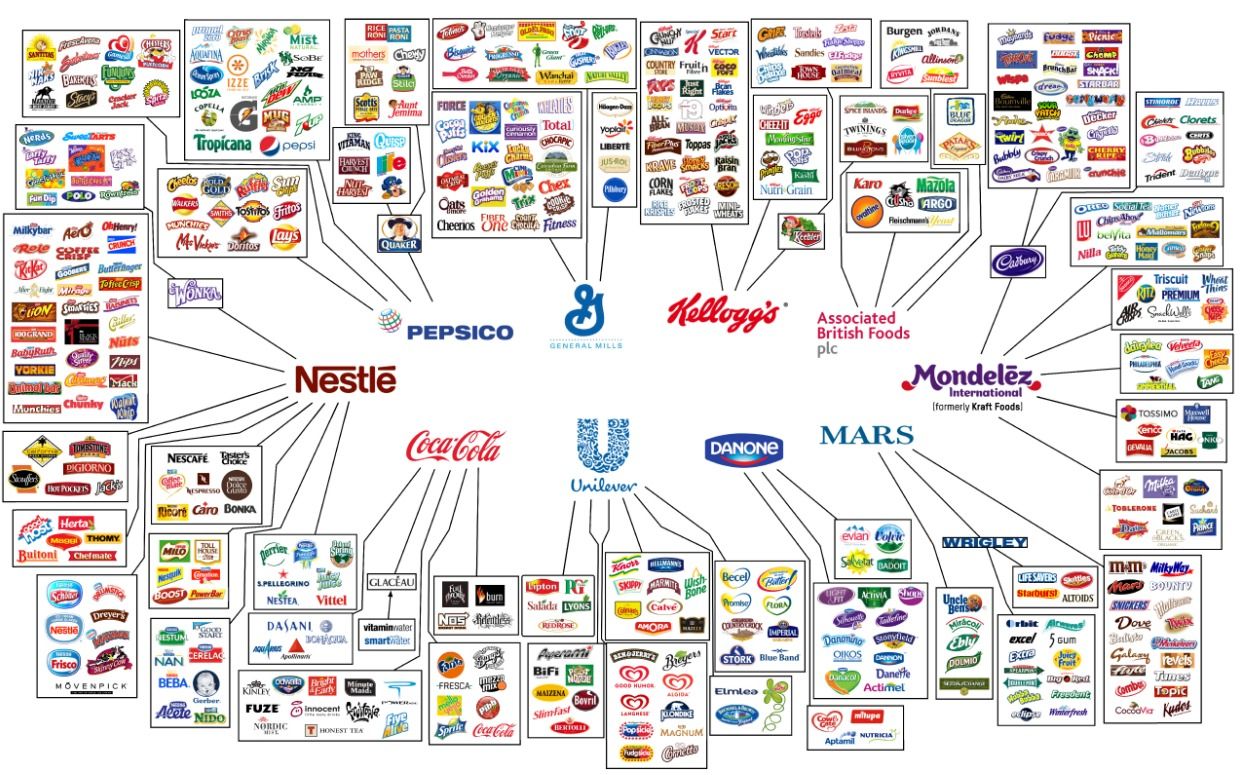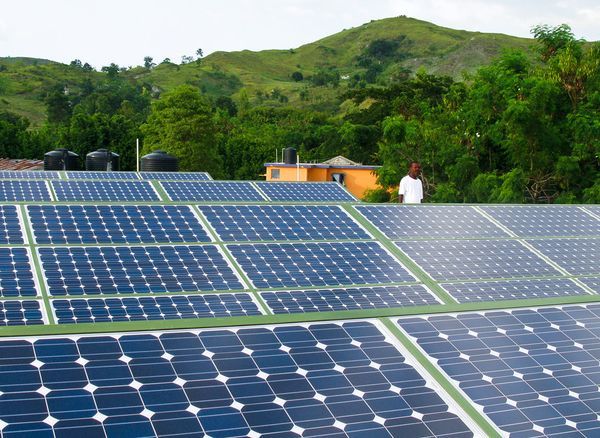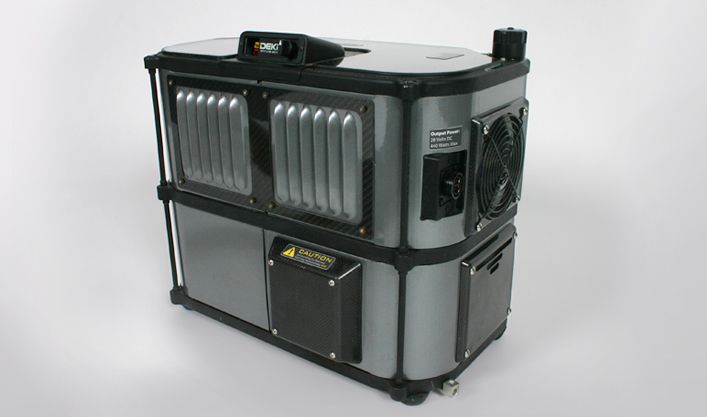Aug 18, 2014
Against the Biological Clock — A Gameplan to End Age-Related Diseases
Posted by Seb in category: life extension
Written By: Jason Dorrier — Singularity Hub
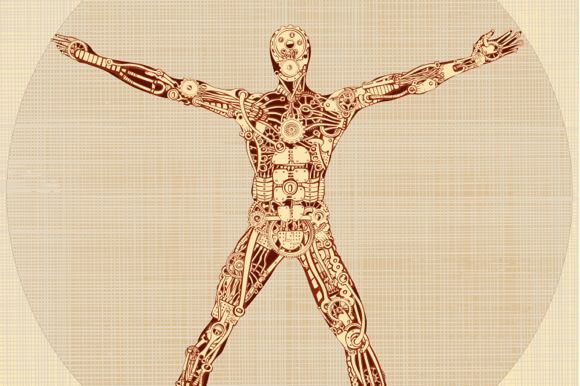
To Aubrey de Grey, the body is a machine. Just as a restored classic car can celebrate its hundredth birthday in peak condition, in the future, we’ll maintain our bodies’ cellular components to stave off the diseases of old age and live longer, healthier lives.
Dr. de Grey is cofounder and Chief Science Officer of the SENS Research Foundation and faculty at Singularity University’s November Exponential Medicine conference—an event exploring the healthcare impact of technologies like low-cost genomic sequencing, artificial intelligence, synthetic biology, gene therapy, and more.
